In Maasai Communities, Where Change is Hard but Contentment Abounds
By Natalie Walters
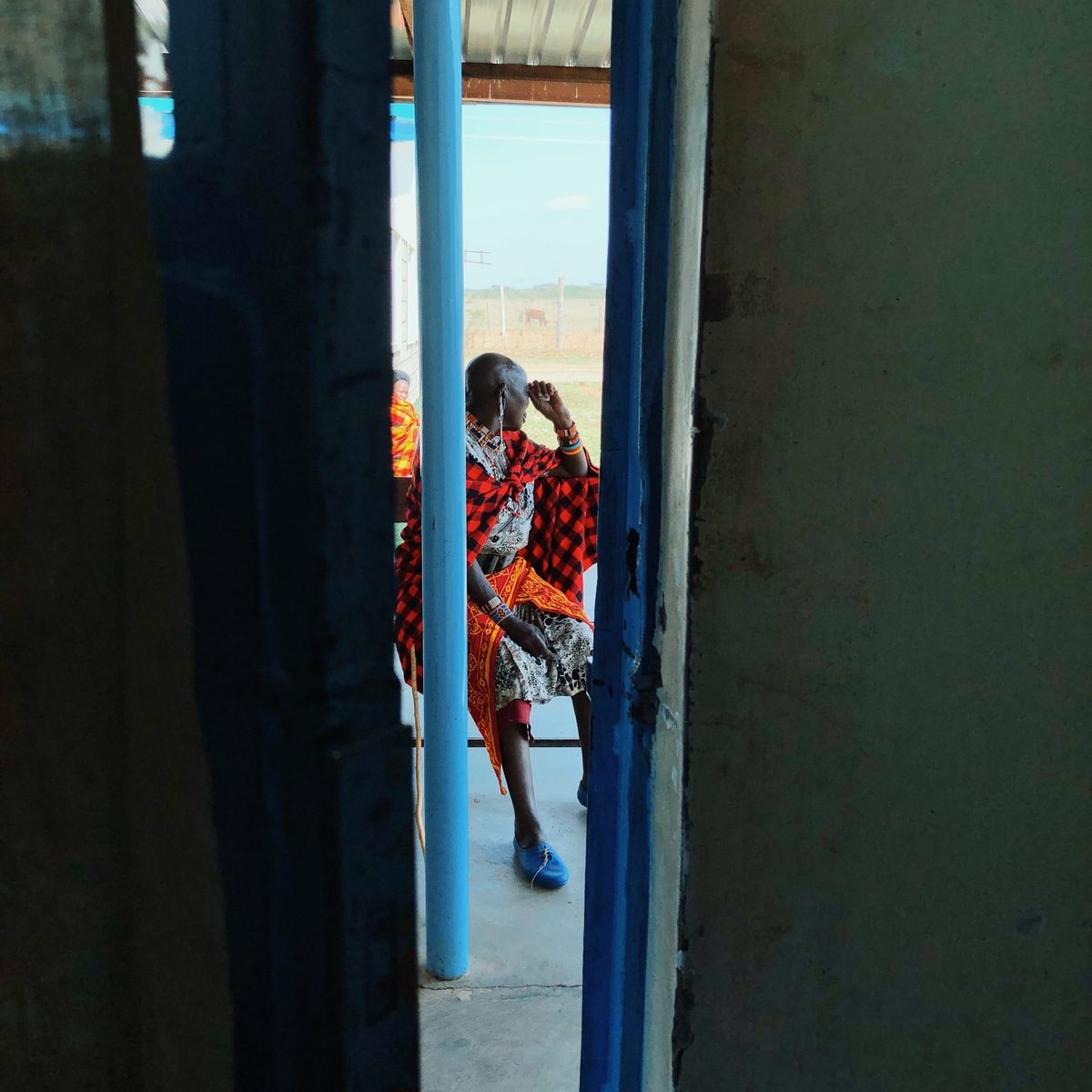
The first thing I noticed at Community Health Partners Health Center in Narok, about three hours outside of Nairobi, was the beautiful Maasai patients sitting on a single, wooden bench outside the clinic. The Maasai people are known for wearing blankets, often red with black stripes, as a cloak around their shoulders. Tourists often buy them as souvenirs and call them the “African blanket.”
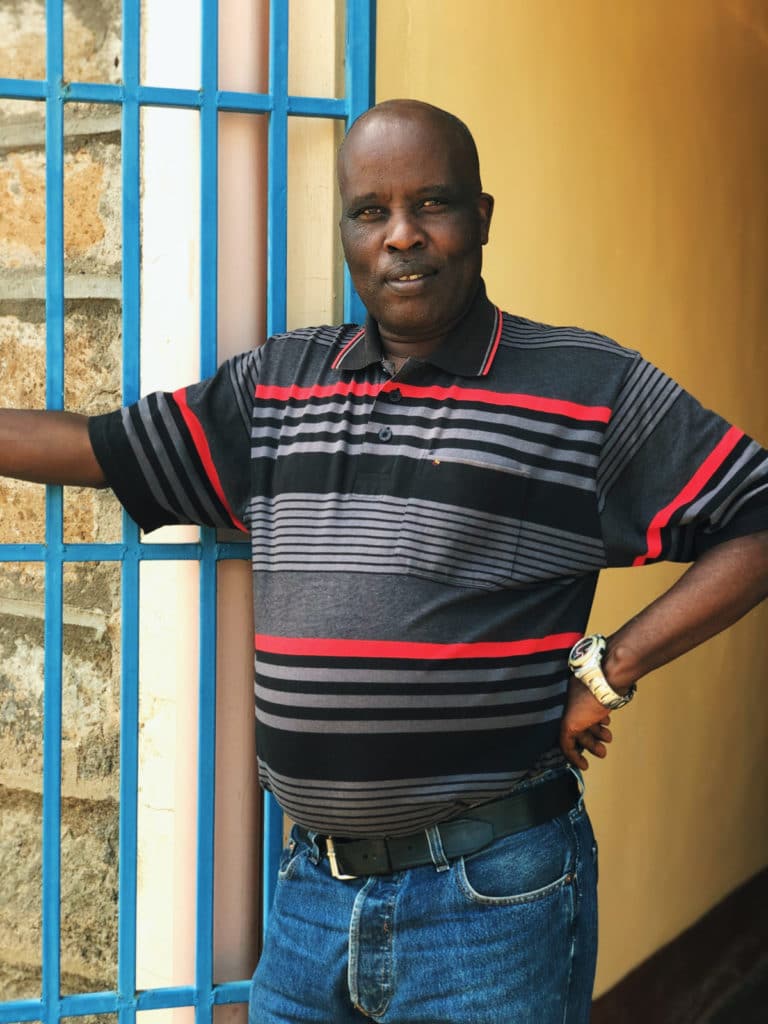
The first Maasai man we met was the clinic owner, John Sankok, who had no blanket but was coincidentally wearing a red and black striped shirt. Within the first five minutes, his phone must have rung six times; clearly he was a busy man, yet he acted us though he had all the time in the world for us.
“We’ve been praying for many years about software for the clinic, and God sent Andrew to us,” he said confidently and with a warm smile. He was referring to Andrew Ingram, Steve Letchord’s nephew, who was the one to stop at the clinic as part of Banda’s door-to-door sales calls and tell them about the software.
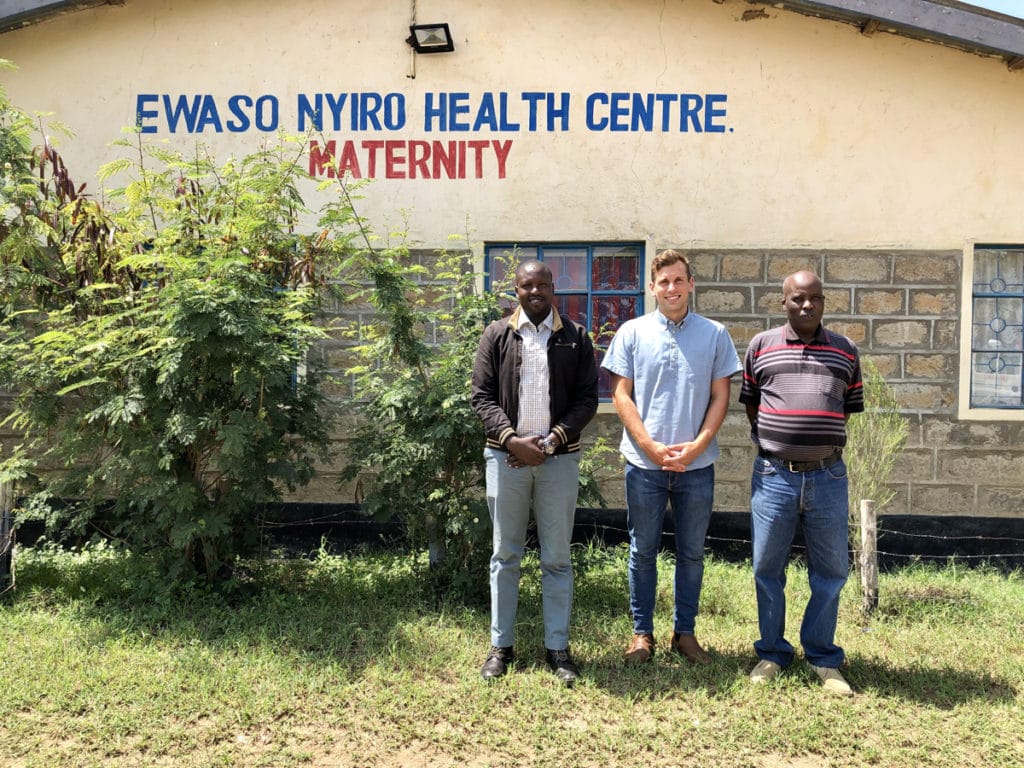
We asked John what was hard about Maasai culture and what he loved about it.
The difficulty with Maasai culture is their resistance to change, he said. “This is the most rigid community in the world,” he said. “If you’re not patient, you won’t get anything done here.”
For example, female circumcision is still a big problem in the community,
according to John. But he said that people who went to school, like
himself, are helping to put an end to it because they can explain the
consequences of doing it and the benefits of not doing it. Often, harmful
practices like female circumcision continue simply due to a lack of
knowledge, he said.
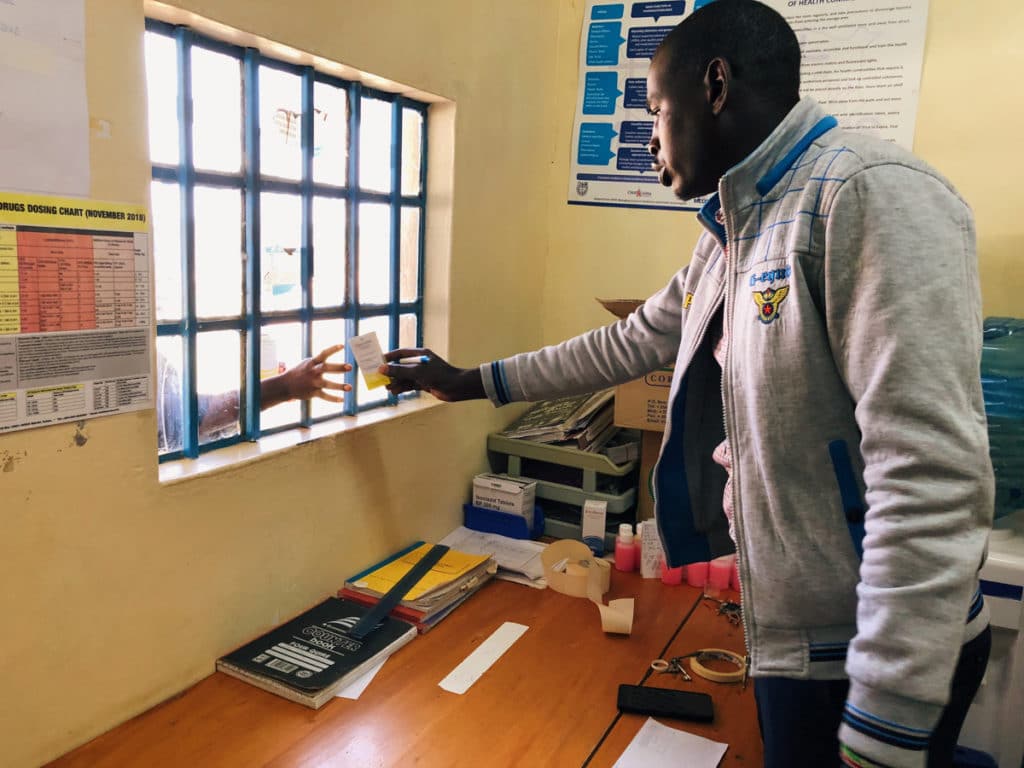
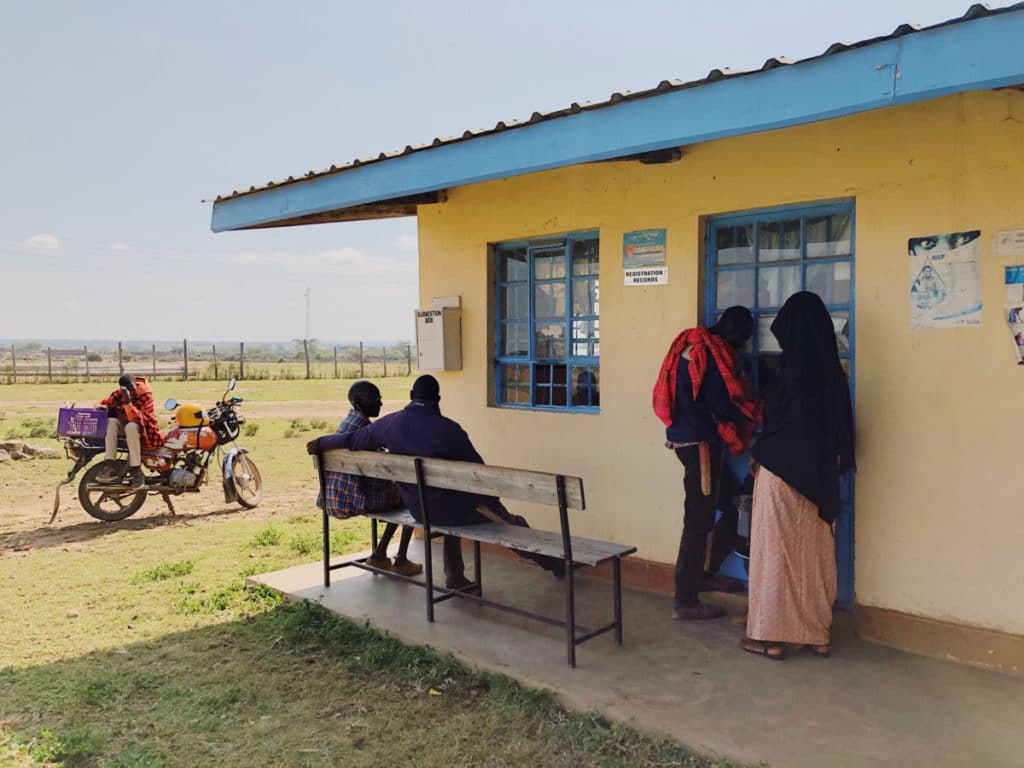
On the flip side, his favorite part about being Maasai is their contentment. They are a practical people group, he said. In town, rich people have strong houses with bars over the doors and windows, a wall around their yard, an electric fence, a security guard, and a guard dog. But out in rural Maasai country, people mostly don’t see the need for fancy cars and houses or heavy security. Their homes are simple, and in general no one tends to bother each other.
“In most of our villages, you’ll meet somebody with about 200 cows – but he has no shoes,” John said. “He has no shoes, and his house is not locked. He has no door. That guy is not worried about anything. That’s a rich man, isn’t it? A man that is not worried.”
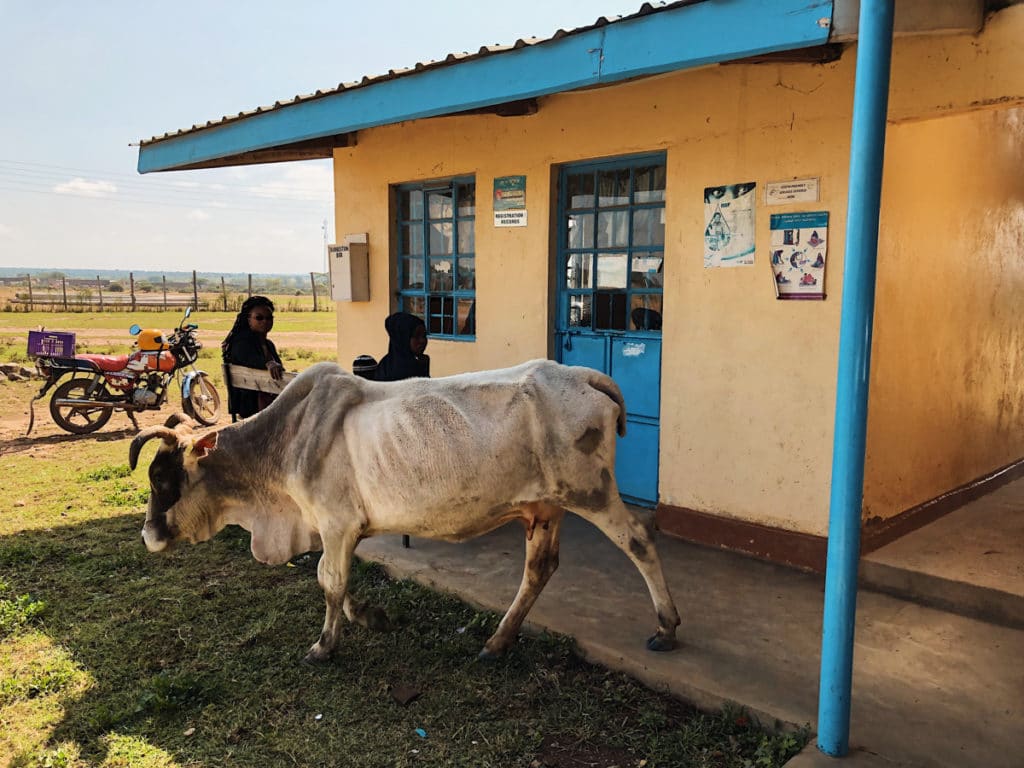
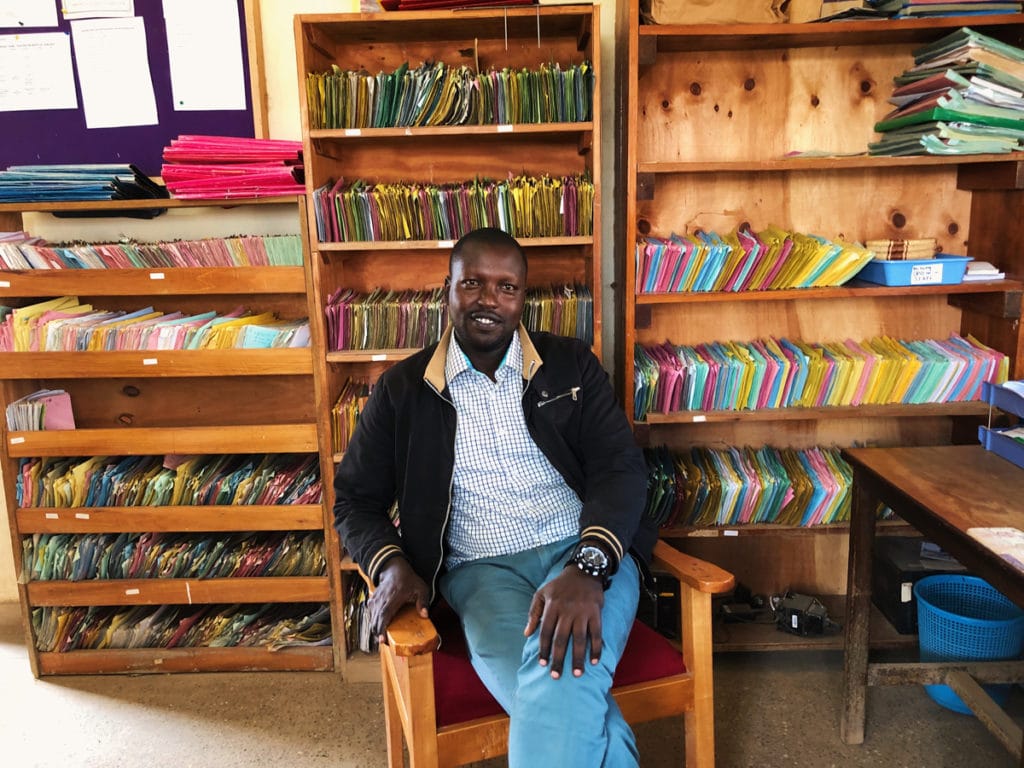
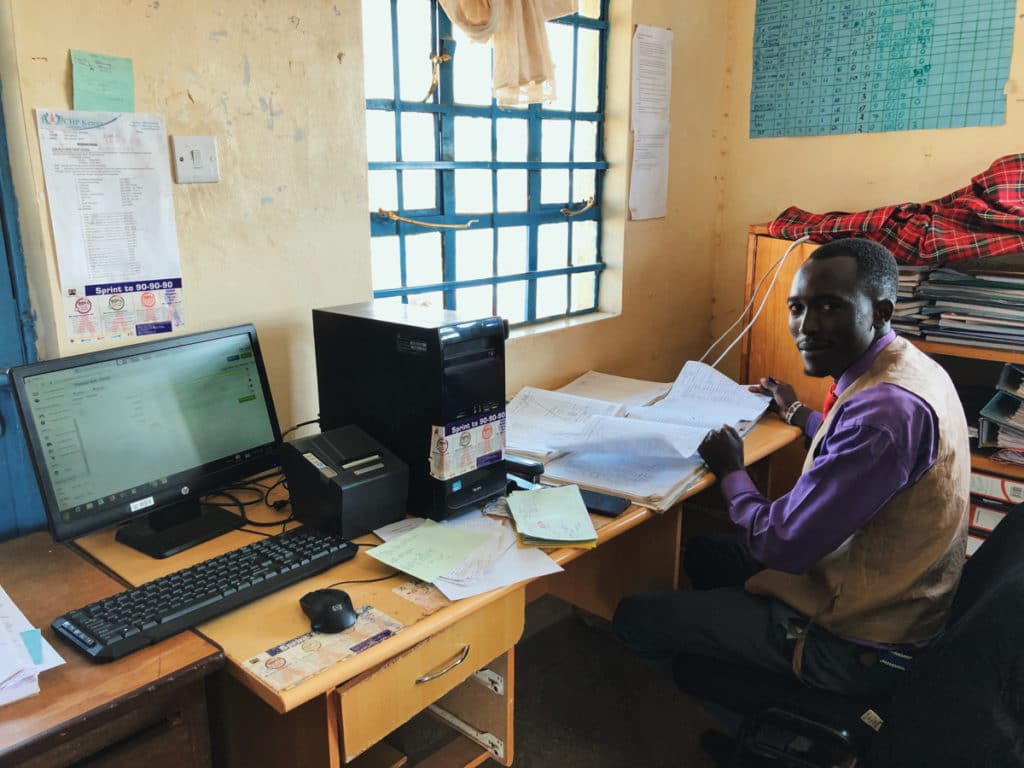
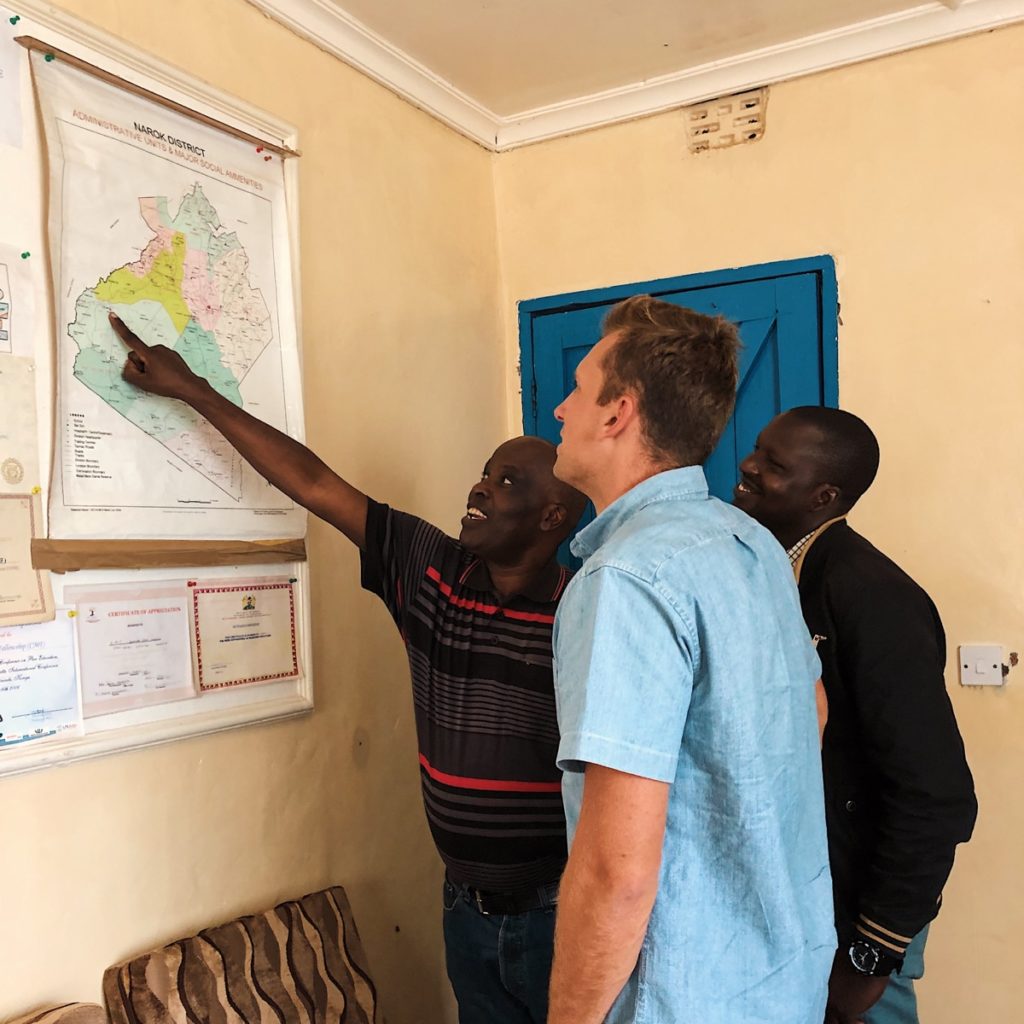
Let's go further.
John showing us where CHP clinics are currently located, and where he envisions expanding to serve other communities in need of healthcare. It’s amazing to be able to partner with visionary, compassionate healthcare providers like John and the CHP team.
If you’d like to find out more about CHP or contribute to their work directly, visit http://chp.or.ke/. To help us continue developing Banda Go and make it available to clinics like CHP, donate to Banda Health!
Banda Go is our baby, and it’s taking a global village to raise it. Thanks for doing this with us!
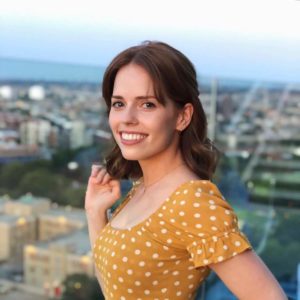
Natalie Walters
A journalist from New York, Natalie is helping write stories about the clinics using Banda Go.

